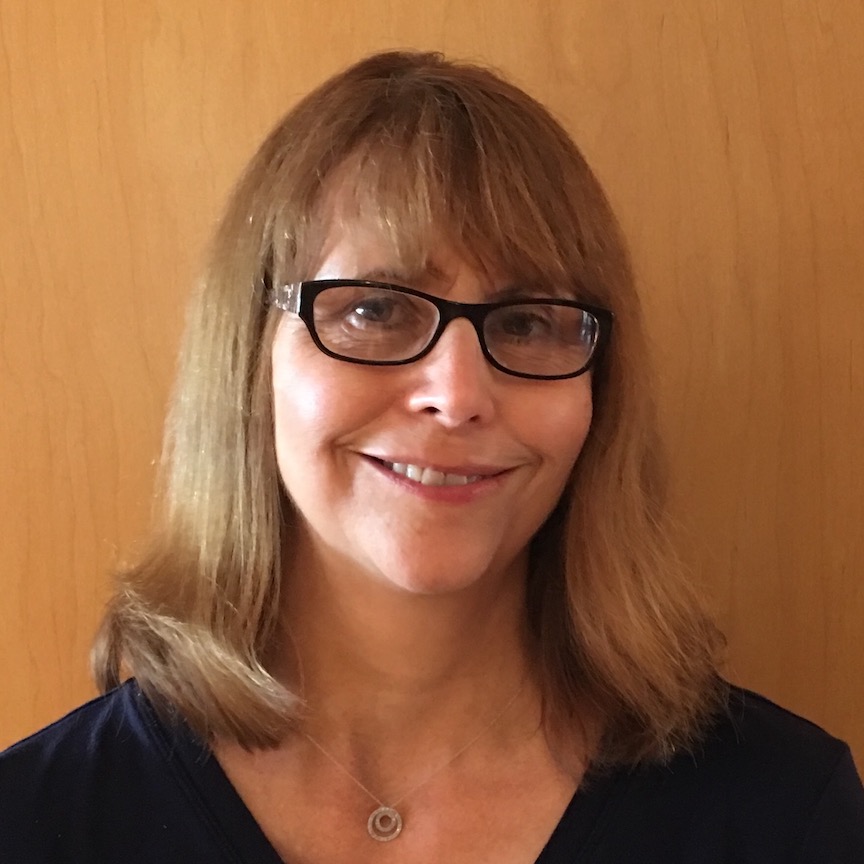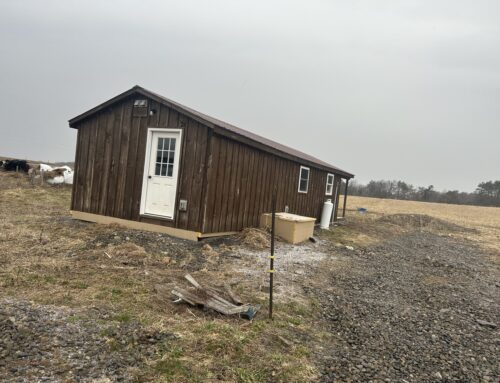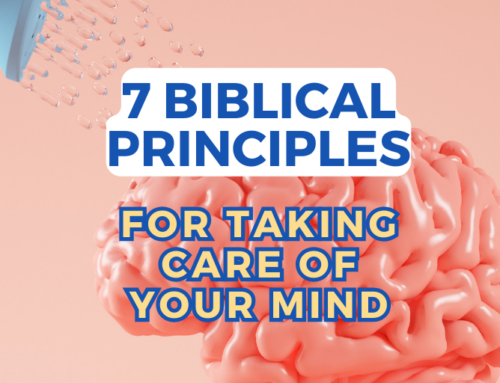Dear Claudia,
As I sit here anticipating the 2022 New Year and wondering what joys and sorrows it will bring, I remember you. Our world is in the midst of a deadly pandemic, that frankly, I never thought I would experience in my lifetime. It’s an experience akin to living in a sci-fi horror movie. I sometimes wonder if I could magically change the fact that you developed a serious mental illness when I was a child, if your brain had remained healthy and you were still alive, would you have been the kind of mother I could call and kavetch with about what a struggle the pandemic is for us all. However, you died seven years ago.
You were 74-years-old when you died alone with both serious mental illness and dementia in an Atlanta area nursing home. Even with the dementia, you always remembered both me and Chris (your son, my brother). Your official cause of death was cited as some sort of multi-organ failure that came on suddenly. Personally, I think both the dementia and the multi-organ failure were a result of living with a poorly treated serious mental illness. I prefer the term “brain disease,” because that is, in fact, what serious mental illness is; there is nothing “mental” about it. You were in horrible pain during the weeks leading-up to your death, and Chris and I had to make terribly emotional decisions about hospice care and end-of-life treatment.
The last words you and I said to each other over the phone before you died were “I love you.” I am beyond grateful those were our last words to each other. Our relationship had been rocky for a long time—since the onset of your untreated brain disease.
You were 16-years-old when you gave birth to me in Atlanta. Being a pregnant, unmarried teen got you kicked-out school back then. You and Daddy did get married, but I know how ashamed you were of getting kicked-out of school. Daddy was 17-years-old, with conduct problems, could not read, and had already dropped-out of school. After my birth, we lived with your parents, my grandparents, until I was 5-years-old and your parents bought you and Daddy your first small house.
You were 25-years-old when I came home from elementary school with Mama Ruth (your mother, grandmother) one October to find you sitting in the middle of the den floor sobbing and talking in a way that made no sense. You were supposed to take me to the school carnival along with your cousin. Mama Ruth couldn’t figure-out what was wrong with you and made me call your cousin and lie and say that you had the flu. I look back at that time as the “after time.” The time after the disease which I call “the body snatcher” came for you. Yes, sadly, your illness seemed to me like something straight out of the old sci-fi movie called “Invasion of the Body Snatchers.” You looked the same, but your voice and behavior had dramatically altered.
During the “before time,” the time before the body snatcher disease took you far away from me, I remember you as being so pretty, vivacious, and fun. I remember how beautifully you played the piano, and you teaching me how to swim at Clifton Springs, and playing rock & roll music on the record player while you taught me how to do the twist and limbo. You taught me to read before I went to elementary school and bought me books. You, and Daddy, and I would go to The Varsity every Friday night and then y’all would go bowling with your league and take me along. I would always get to bowl with the yellow speckled ball.
But then the “the body snatcher” disease came for you. I was 8-years-old when it came that day that we were supposed to go to the carnival. You were never the same after that, except for brief periods of time. You still looked the same. Sort of. But your voice would change and become mean and scary, the look in your eyes would change, and even your piano playing would become angry and frenzied.
Your parents were ashamed of you after you got sick. Mama Ruth, especially. Your father called his sister who was a nurse, and she recommended you go to the psychiatric hospital at Emory University. Mama Ruth would not agree. Daddy had begun staying away from home and working late. He seemed to have little to say about your illness, except that you were “crazy,” and needed to be “put somewhere,” but Mama Ruth would not allow it. The result was that you suffered for years with untreated serious brain illness, and I grew more and more afraid of you. Afraid of your delusions and violent outbursts. I would try to talk you out of your delusions, but of course that didn’t work. I did learn that the TV needed to be turned-off at times because of your delusions. I also learned that having friends over anymore was not a good idea. I learned to make sure my bedroom door stayed locked when with my desk shoved in front of it when I was asleep. I learned to stay away from home as much as possible. The woods in back of our house became my sanctuary.
Somewhere in the middle of your illness, a not so wise doctor told your parents and Daddy that having another baby might “cure” you. What the hell! So that is how Chris came to be born. Sometimes, you didn’t even remember you had a baby, and I had to take care of Chris. I am ashamed to admit I resented my caretaking role at the time. I was 9-years-old when Chris was born. I am also ashamed to admit how afraid of you I was and how I couldn’t wait to move out and as far away as I could manage. Daddy and your parents did not understand your illness and weren’t much help to you, either. You were hidden away at home. Sometimes you seemed to get better for periods of time, but then those times never lasted. I learned not to trust that “the body snatcher” had finally let you go. And it hadn’t. I understand now that you were suffering from cycling in and out of mixed-manic episodes with psychosis, but at 9- and 10-years old, I had no idea.
Ultimately, decades later, your diagnosis fluctuated between severe bipolar disorder Type 1 with psychotic features and Schizoaffective Disorder, Bipolar Type. Your diagnosis of course depended on the doctor and how you presented yourself at the time.
At 12-years-old, I started reading about mental illness. Life magazine had a huge article about schizophrenia, and I told my grandmother that I thought that’s what you had. Finally, your parents took you to a psychiatrist! I still remember the medications you were given at that time: Tofranil, Stelazine, and Benadryl. Part of my job was to encourage you to take your medications because you didn’t want to. They made you gain a lot of weight, and they made you stiff. You began moving robotically, but I wasn’t as afraid of you because they stopped your delusions. The problem was that you kept going off of them. I did not know about anosognosia at the time, and so I blamed you for not wanting to be sane and healthy.
When I went away to college, I majored in psychology to try to learn more about your illness. I guess I had fantasies about not only saving you, but also getting my sparkling, fun mother back. Of course, there was limited understanding of brain illnesses back in the 70s and early 80s. Ultimately, I decided to become a special education teacher instead of a psychologist because, frankly, I always felt more comfortable working with children than with adults. Since Daddy couldn’t read and you had gotten kicked-out of school, I thought I could still make an important contribution on behalf of both of you as a special educator.
Knowing what I know now about brain disease, it was a psychiatrist you needed more than any other kind of professional, and a psychiatric hospital. For years, as a young adult, I kept trying to find a way to get you into a hospital or a residential treatment facility in Atlanta. However, the normalization movement and deinstitutionalization made that impossible—unless you or I had been wealthy. The civil commitment laws in Georgia were also a challenge at the time. Hell, at one point in the early 90s right before I moved from Georgia to Iowa, I even learned about the new “miracle” drug that might help you. That drug was clozapine. I was unable to get you in to a psychiatrist to prescribe it. Clozapine is now considered one of the gold standard treatments for your illness. I also found a lovely residential facility for adults with schizoaffective disorder and schizophrenia, but I couldn’t afford it and you certainly couldn’t. Daddy had divorced you when you were in your early 40s, so you no longer even had health insurance.
Eventually, as your untreated brain disease progressed, Chris and I began getting phone calls from Atlanta area police about you. Once you broke into a woman’s home because she had left her door unlocked, and you decided you wanted somebody to bake you some cookies. When the terrified woman refused, you became belligerent and she called the police. Fortunately, the police were kind and knew Chris, so they called him and he got off work to come talk you into leaving the woman’s home. She did not press charges against you.
For quite a few years, I limited my contact with you. I would apologize to you for that now, if I could. I guess I felt like I had to distance myself from you somewhat in order to survive myself. Still, that is not a good excuse. During that distance, I never stopped trying to find a way to get you proper treatment. I wish I could tell you that. How important it was for so long for me to try to find you appropriate treatment.
Claudia, I am so sorry that at one point you briefly ended-up homeless. Chris and I were helpless to prevent that from happening; you would not take your medication. At another time in your senior years, you ended-up in a nursing home that was shut-down for a Medicaid fraud scandal that made the front page of the Atlanta Journal. I spent days on the phone trying to find a new nursing home for you. When I finally found one with an available bed, it’s because I happened to call at a time when a patient had recently died and so a bed had just opened-up. That nursing home treated you well, I think. It was a depressing place, but it was adequate. It was the best I could find given the financial constraints and your needs. You made friends with another patient there for a while, and the staff seemed to like you. The medications the new nursing home put you on were Depakote and Quetiapine. Those two medications seemed to work well for you for a long while, but the problem was by the time you got access to them you had developed dementia.
At one point, you quit walking. Chris and I could never figure-out why. The nursing home staff had no answer, except that you had become unsteady and they thought you may have developed Parkinson’s disease on top of the severe bipolar/schizoaffective disorder and dementia. I have since learned that if psychotic disorders go untreated for a long time, or are improperly treated, brain damage can occur. I believe that is what happened in your case, Claudia. I am so sorry that happened to you. So very sorry.
Because you developed a serious brain disease in the 1960s, you suffered for 49 years from a lack of appropriate treatment and misunderstanding from your own family. Your life was devastatingly tragic. Even now, with the current knowledge I have, it is hard for me to comprehend why you would not take your medication. Of course, I know the answer is: Anosognosia. I completely understand your refusal on an intellectual level, but on an emotional level I still struggle. I struggle with wanting to turn back time and somehow change things so that you could access proper medication and proper treatment. I also can’t help but wonder how much of a role shame and discrimination played in your suffering. I have found some advocate friends I wish you could meet. Advocating and working to promote understanding of serious brain illness to the degree possible is the best I can do for you, now. I do want you to know that I will be forever grateful that your last words to me and my last words to you were, “I love you.” And I did. I do.
Love,
Cathy, your daughter







